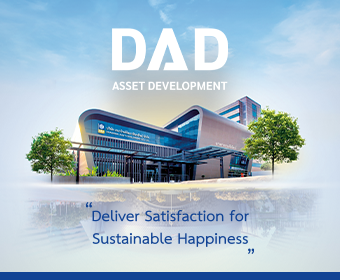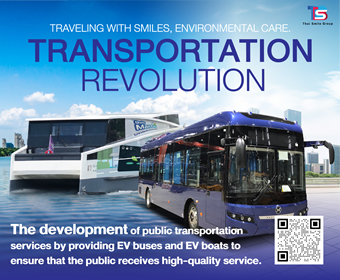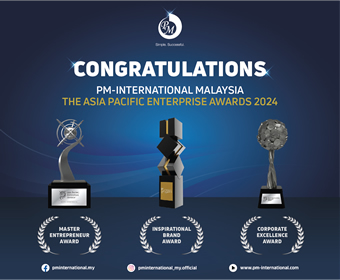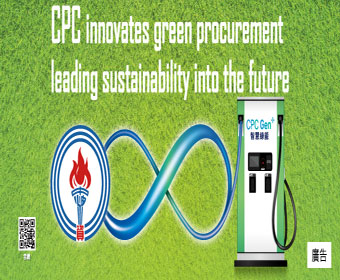The Berjaya Corporation Bhd has announced that the Malaysian Resources Corporation Bhd is withdrawing from the Kuala Lumpur-Singapore High-Speed Rail (KL-SG HSR) project and will pursue other strategic opportunities.
“The (KL-SG HSR) consortium – which includes Berjaya Rail Sdn Bhd, Keretapi Tanah Melayu Bhd, IJM Corporation Bhd and its technical partners Deutsche Bahn, Hitachi Rail and Hyundai Rotem – will be further strengthened to better align with the evolving needs of the project and to meet the government’s expectations,” it said.
It added that the consortium and its technical partners are recognised leaders in infrastructure development, engineering and transportation management, bringing decades of proven expertise in delivering large-scale infrastructure projects.
Despite that, Berjaya founder and advisor Tan Sri Vincent Tan expressed that the group remains steadfast in its mission to deliver a world-class HSR system in efforts to transform regional connectivity and economic development in Malaysia while contributing to the nation’s transition towards green mobility with high-speed rail.
Meanwhile, Malaysia Rail Link Sdn Bhd (MRL) and China Communications Construction (ECRL) Sdn Bhd (CCCECRL) created an operating company (OpCo) with a 50:50 interest ratio for the purpose of operating and maintaining the East Coast Rail Link (ECRL) project.
Transport Minister Anthony Loke said that the joint venture agreement allows both parties to share costs for ECRL operations as well as facilitate the exchange of technical knowledge and expertise.
“MRL and CCCECRL will each bear 50% of the risk in OpCo if ECRL operates with a deficit.
“MRL will fully own ECRL’s assets on behalf of the Malaysian government throughout the operational phase of ECRL to ensure that national interests are protected at all times and enable local empowerment in this national infrastructure,” he said.
MRL is the owner of the ECRL project while China Communications Construction Co Ltd (CCCC) is responsible for the engineering, procurement, construction and operation contractor (EPCC).
Earlier this year, the Malaysian Cabinet gave the green light to the establishment of an OpCo for the purpose of operating and maintaining the ECRL as it has the potential to ease the government’s financial burden.
According to Loke, the joint venture agreement drives the direction of national infrastructure in strengthening modern, efficient and environmentally friendly transport services for the well-being of the people and increasing the competitiveness of the national economy.
“This agreement is in line with the government’s desire to empower the country’s rail sector to increase train services and open up job opportunities for the youth, especially related to engineering in the industrial and locomotive sectors,” he pointed out.
Loke also noted that the ECRL project has reached a proud overall level of progress as it stands at 76.06% completion in November 2024, which will span over 665km including 59 tunnels and construction works covering Kelantan, Terengganu, Pahang and Selangor.
“This progress is within the ECRL project target for this year and is on track with the schedule for completion of the first phase line from Kota Bharu to the Gombak Integrated Terminal in December 2026 and the second phase line between Gombak and Port Klang by December 2027,” he explained.
The minister also expressed his hopes that the project will be extended to Thailand.
“(The project) already reached Kota Bharu (and that is) just 20km away from the Malaysian-Thai border in Rantau Panjang.
“Eventually, of course, our hope as far as the Transport Ministry is concerned, we want to link it to Thailand because that will then link it to the entire Thailand railway network,” he added.
The post MRCB Withdraws From KL-SG HSR Project While ECRL Project Gets Maintained by MRL, CCCERL first appeared on Logistics Asia.
















